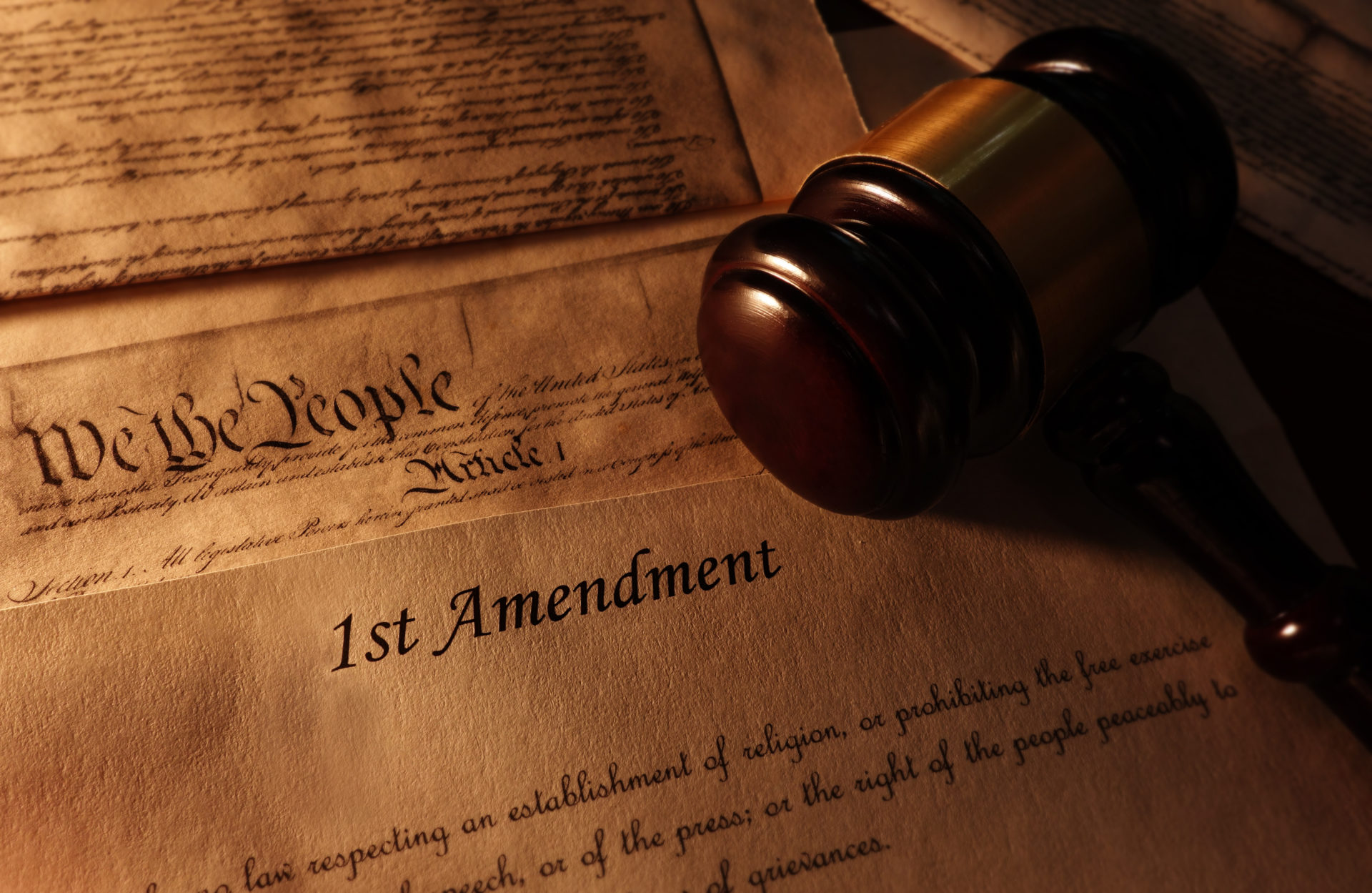The U.S. Supreme Court on Monday rejected an appeal from a Tulsa police officer who sued the city after a controversy over attending an event held by an Islamic group.
Without comment, the high court declined to review the case of Paul Campbell Fields, who refused to attend or assign others to attend a law enforcement appreciation day held by the Islamic Society in Tulsa.
Fields objected to the department requiring attendance at the event, arguing that attendance should be voluntary.
He wrote an email to about a dozen department personnel saying, “It is my opinion and that of my legal counsel that forcing me to enter a Mosque when it is not directly related to a police call for service is a violation of my Civil Rights.
“Please consider this email my official notification to the Tulsa Police Department and the City of Tulsa that I intend not to follow this directive, nor require any of my subordinates to do so if they share similar religious convictions.”
Fields was reassigned within the department and investigated by Internal Affairs.
Fields’ lawsuit against the city claimed his First Amendment rights and right to equal protection were violated. A federal judge in Tulsa ruled for the city.
Earlier this year, the 10th U.S. Circuit Court of Appeals upheld the judge’s ruling.
“First, the Attendance Order did not burden Fields’s religious rights because it did not require him to violate his personal religious beliefs by attending the event; he could have obeyed the order by ordering others to attend, and he has not contended on appeal that he had informed his supervisors that doing so would have violated his religious beliefs,” the appeals court ruled in May.
“Second, the order did not violate the Establishment Clause because no informed, reasonable observer would have perceived the order or the event as a government endorsement of Islam.
“Third, the order did not burden Fields’s right of association because it did not interfere with his right to decide what organizations to join as a member. Fourth, Fields’s equal-protection claim duplicates his free-exercise claim and fails for the same reason.”
Fields appealed that decision to the U.S. Supreme Court.

